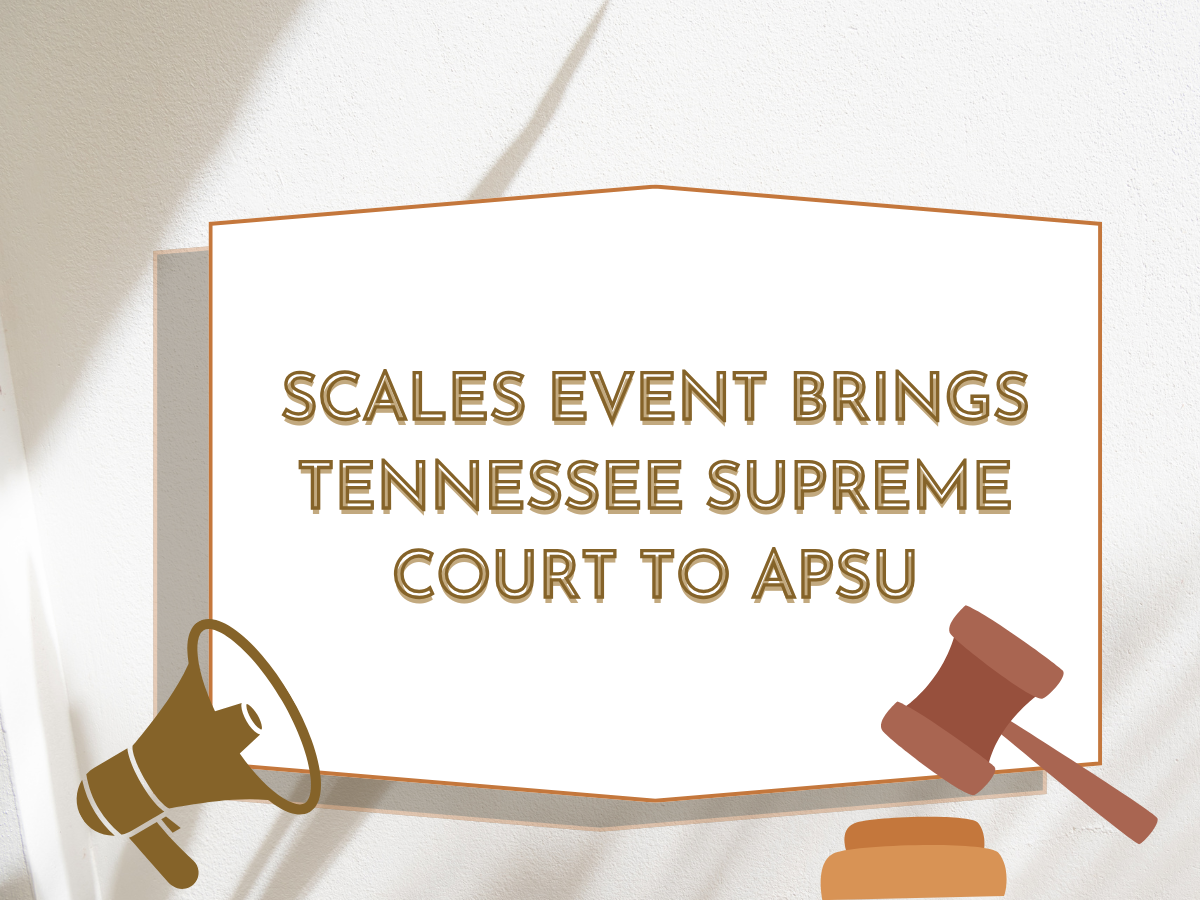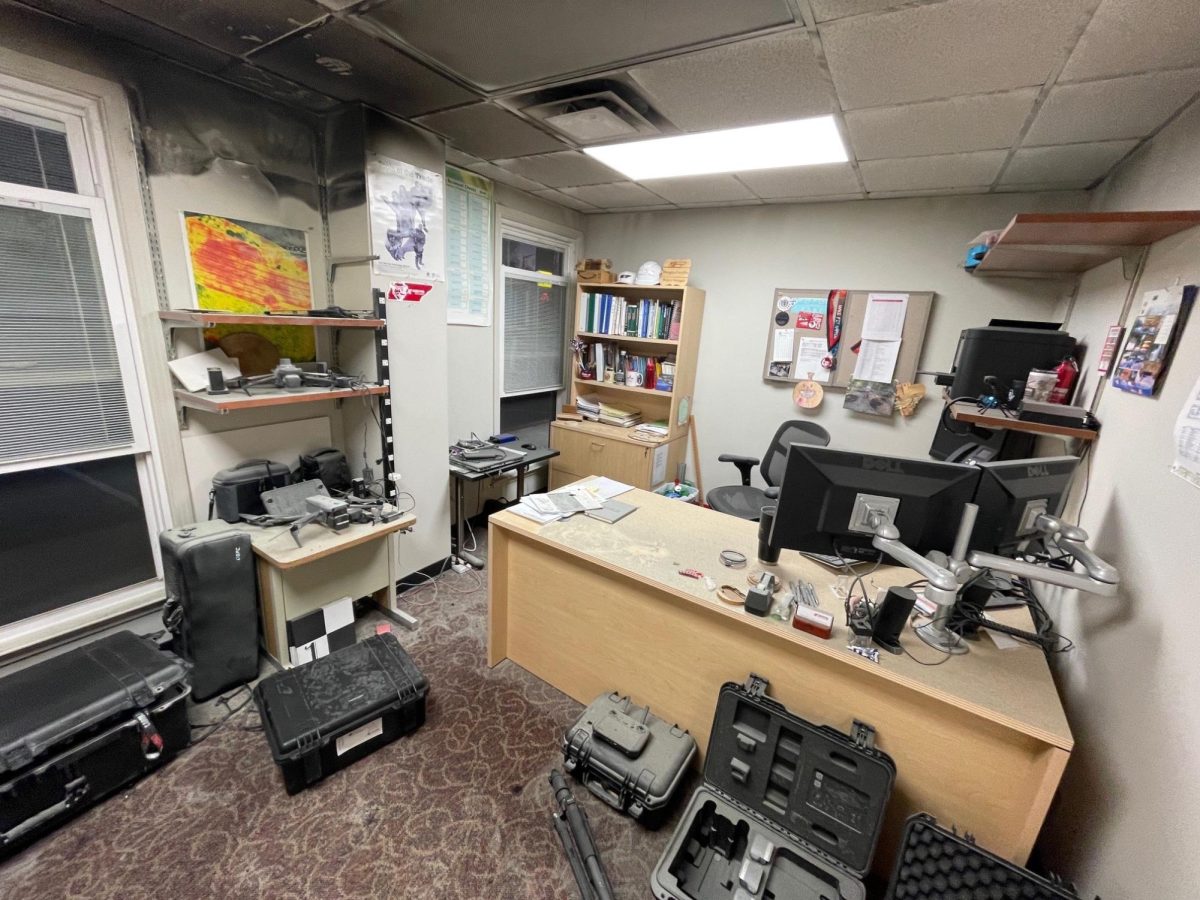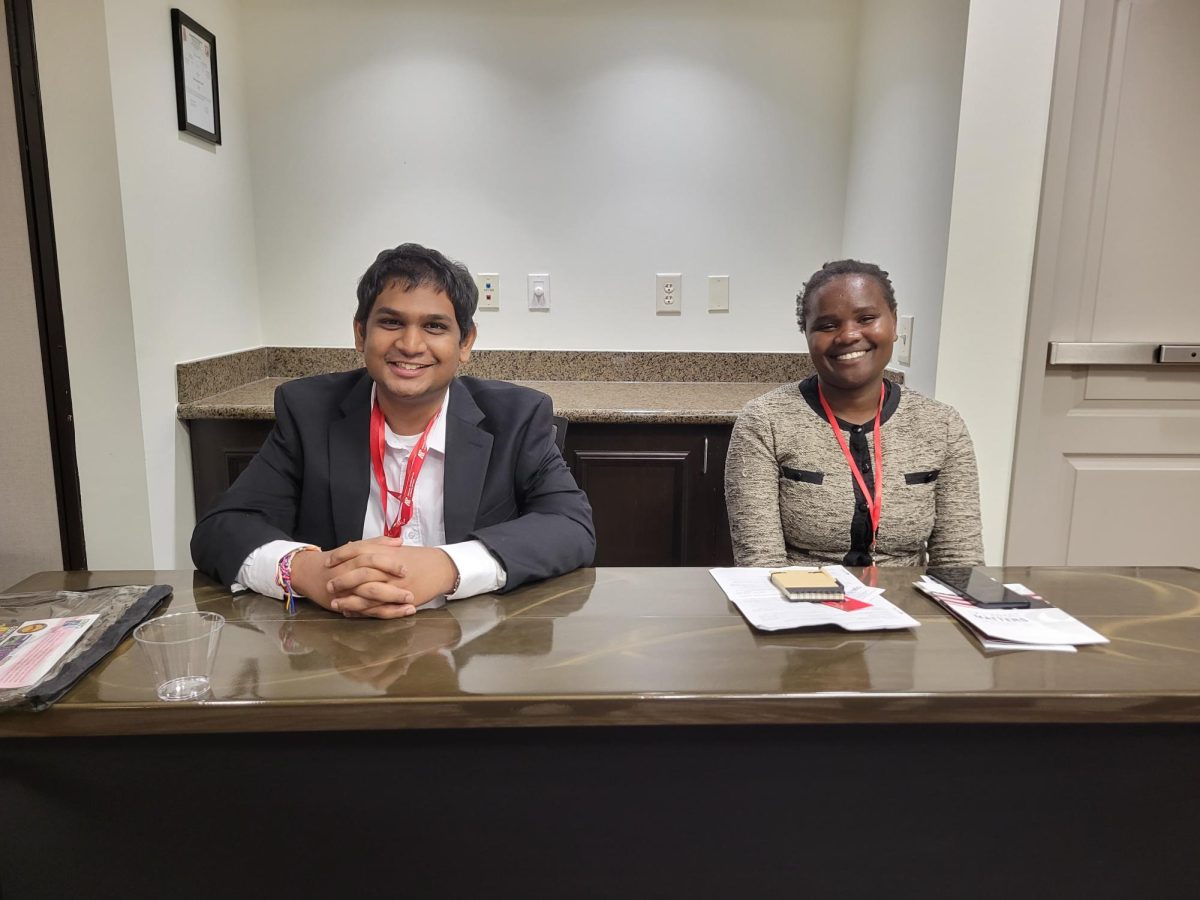On Wednesday, Dec. 4, Austin Peay State University’s Clement Auditorium hosted an enlightening event that brought together high school students, judges and lawyers for a firsthand experience of Tennessee’s judicial system. The event, titled S.C.A.L.E.S., which stands for Supreme Court Advancing Legal Education to High School Students, allowed students from Clarksville-area high schools to witness the inner workings of the Tennessee Supreme Court.
The event showcased two legal cases, providing a deep dive into the judicial process. The first case, Theresa Thompson Locke et al. v. Jason D. Aston, M.D. et al., involved a health care liability dispute. Theresa and Randy Locke, the plaintiffs, had filed a lawsuit against Dr. Jason Aston and his medical team, alleging that Dr. Aston had negligently performed surgery on Mrs. Locke’s colon. During the ongoing legal proceedings, the defendants hired a private investigator to conduct surveillance on the plaintiffs, hoping to demonstrate that Mrs. Locke was exaggerating her injuries.
However, the defense sought to limit the amount of surveillance footage presented in court, sparking a legal battle over whether all the footage should be reviewed. The plaintiffs appealed the decision to restrict the evidence, raising important questions about the use of surveillance in personal injury cases and the fairness of excluding certain evidence in court.
The second case, State of Tennessee v. Ambreia Washington, involved issues of constitutional rights and law enforcement procedures. Officer Joshua Keller of the Jackson Police Department was dispatched to a single-vehicle accident where he found the driver, Ambreia Washington, unconscious. Upon waking up, Washington was questioned by Officer Keller, who noticed a handgun on the passenger seat. Keller then asked Washington whether she was a convicted felon, to which she replied affirmatively. Washington was arrested without being informed of her Miranda rights and without a criminal background check being performed prior to the seizure of the weapon.
The case raised significant questions about the constitutional rights of the accused, specifically concerning the Miranda warning, which protects against self-incrimination. The court deliberated on whether Washington’s rights had been violated during her arrest, making it a crucial case about the protection of individual liberties during police encounters.
As the highest court in the state, the Tennessee Supreme Court plays a critical role in shaping the legal framework of Tennessee. The court consist of five justices and serves as the last resort for appeals in both civil and criminal cases, offering a final interpretation of the state’s laws and constitution.
The S.C.A.L.E.S. event provided students with valuable insights into the workings of the Tennessee Supreme Court by giving students the chance to hear real-world cases and witness the judicial process firsthand.







